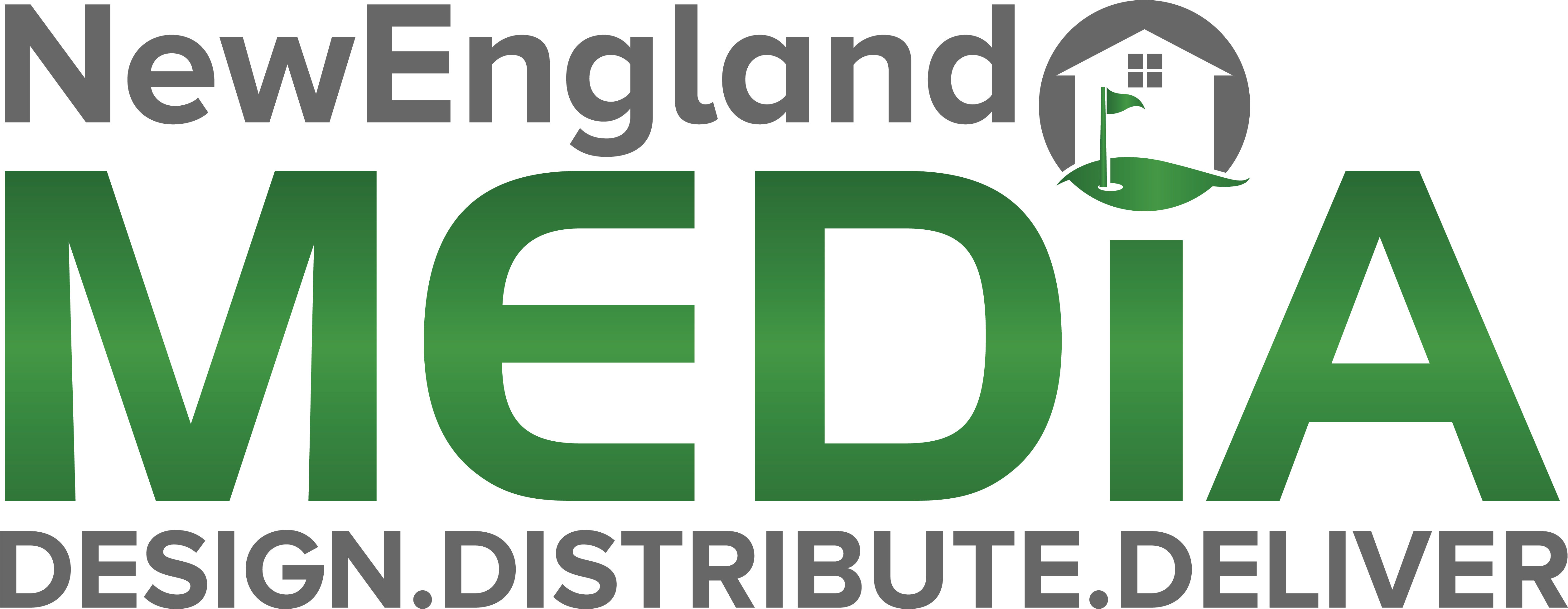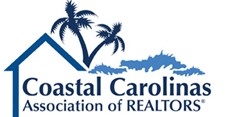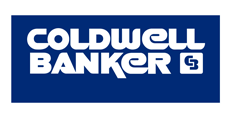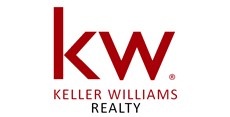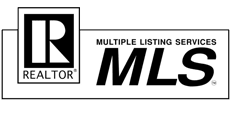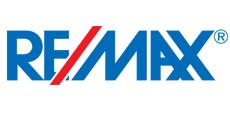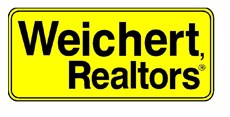Hey there, local business owners! Want to boost your visibility on Google and attract more customers to your doorstep? Then it’s time to optimize your local SEO!
Before we begin, let’s pause for a moment and audit your current local SEO status.
- What keywords are you targeting?
- Are you listed in the correct business directory sites?
- Do you have NAP (name, address, and phone number) consistency?
- Have you claimed your Google My Business page?
- Are you actively managing your online reviews and responding to customer feedback?
- How up-to-date is your website content?
All these questions will help you better understand how well your local SEO campaign is faring. If you would like a more comprehensive assessment, you can always run an SEO audit tool to get a deeper understanding of what needs to be improved.
Once you have the answers to these questions, it’s time to take action. Here’s a simple guide to help you improve your local SEO ranking on Google.
Claim Your Spot on the Map
Google My Business (GMB) is a free listing that appears on Google Maps and in the local pack of search results. Make sure you’ve claimed and verified your GMB listing with accurate information like your business name, address, phone number, hours, and photos.
Key information to include
In addition to basic information like your business name, address, and phone number, there are several other pieces of information you can include in your GMB listing to improve its optimization. This includes:
- Description: A brief, keyword-rich description of your business and its products or services.
- Categories: The categories that best describe your business.
- Photos and Videos: Images and videos that showcase your business and its offerings.
Example of an optimized GMB listing
- Here is an example of an optimized GMB listing for a local restaurant:
- Business Name: Joe’s Diner
- Address: 123 Main St, Anytown, USA
- Phone Number: (123) 456-7890
- Description: Joe’s Diner is a family-owned restaurant serving delicious home-style meals. Our menu features classic dishes like burgers, fries, and milkshakes, as well as daily specials and vegetarian options.
- Categories: Restaurant, Diner, American cuisine
- Photos and videos: High-quality photos of the restaurant’s interior, menu items, and customers, as well as a video tour of the restaurant
Make Your Website a Local Hub
Google likes it when it can tell where you’re located. So, make sure your website includes your city and state in the title tags, meta descriptions, and header tags.
For instance:
Title Tag: “John’s Pizza – New York’s Best Pizza Restaurant“
Meta Description:
“Welcome to John’s Pizza, the local hub for delicious pizza in New York. Stop by today and enjoy a slice of our famous pepperoni pizza.”
Header Tag: “Welcome to John’s Pizza in New York City“
Get the Word Out There
Citations are mentions of your business information on other websites, like directories and industry sites. The more consistent and accurate your information is across the web, the more Google will trust your business. So, build those citations!
Some Ways to Build Strong Citations
- Listing your business on relevant directories and industry sites
- Maintaining accurate and consistent information on your website, social media profiles, and other online listings
- Encouraging customers to leave reviews on popular platforms like Google and Yelp.
Show Some Love From Your Customers
Positive reviews from happy customers can really boost your online reputation and help your local ranking. Encourage your customers to leave reviews on popular platforms like Google, Yelp, and Facebook.
Best Practices for Getting Reviews
Make it Easy: Provide clear instructions for leaving a review on popular platforms like Google, Yelp, and Facebook.
Show Appreciation: Thank customers who leave positive reviews and respond to negative reviews professionally.
Offer Incentives: Consider offering a discount or special promotion to customers who leave a review
Talk the Talk
Schema markup is a type of code that helps search engines understand your content. By using schema markup for your business information, you can make it easier for Google to understand the context of your website and improve your visibility in local search results.
For example, the schema markup for Mary’s Bakery might look like this:
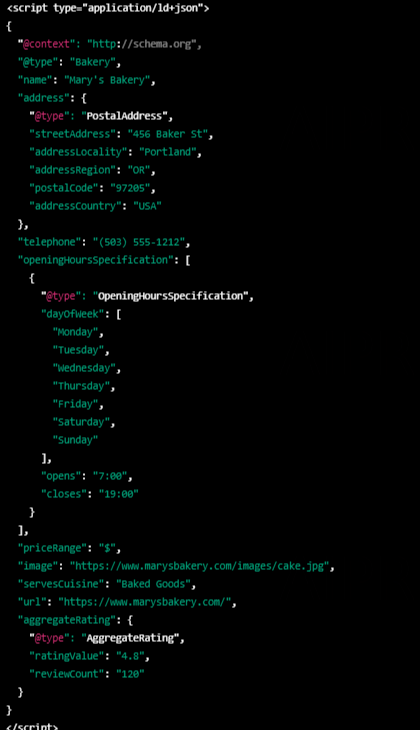
Be a Part of Your Community
Participating in local events, sponsoring charities, and engaging with customers on social media can all help you build a positive reputation and strengthen your connection to the local community.
For Example:
Social Media Post:
“We’re proud to support the Portland Farmers Market this season! Come visit us for a sweet treat and support local vendors. #SupportLocal #MarysBakery”
Event Participation:
“Mary’s Bakery will be at the Portland Food & Wine Festival this weekend! We’ll have a booth with samples of our famous chocolate chip cookies and more. Hope to see you there! #PDXFoodWine #MarysBakery”
Charitable Sponsorship:
“Mary’s Bakery is supporting [charity name]’s mission to [mission statement]. We believe in giving back to our community and are happy to help make a difference. #SupportLocal #MarysBakery”
Use Keyword-Rich Descriptions
When writing descriptions for your GMB listing or website, use keywords that accurately describe your business and its products or services. This helps search engines understand what your business is about and improves your visibility in relevant search results.
Best Practices for Keyword Usage
Research keywords: Use tools like Google Keyword Planner to find keywords related to your business and industry
Use keywords in your GMB listing: Include relevant keywords in your business name, description, and categories
Use keywords on your website: Include keywords in your page titles, meta descriptions, and throughout your website content
Use local keywords: Include keywords specific to your city or region in your GMB listing and website
Optimize Your Website’s Loading Speed
Slow-loading websites can harm your user experience and decrease your search engine ranking. Use tools like GTmetrix or Google PageSpeed Insights to analyze your website’s loading speed and make necessary improvements.
Engage in Local Link Building
Local link building is the process of acquiring backlinks to your website from other local websites and resources. This can improve your website’s credibility and authority and in turn, boost your local search ranking. Reach out to local organizations, associations, and businesses to see if they would be interested in linking to your website.
Best Practices for Building Backlinks to your Website
Create high-quality content: Produce informative and engaging content that other websites will want to link to.
Reach out to other businesses: Partner with other businesses in your area and exchange links.
List your business in local directories: Submit your business information to local directories and websites, such as the Chamber of Commerce and Better Business Bureau
Utilize social media: Share your content on social media and encourage others to share it.
And that’s it! By following these simple steps, you can improve your local ranking in local search results and start attracting more customers to your business. Don’t forget to keep your GMB listing and website information accurate and up-to-date, and to engage with your customers and local community and continuously monitor and update your local SEO efforts.
Would you like our SEO experts to review and optimize your local SEO? Request a free consultation today!
Good luck on your journey to improved local search rankings!




